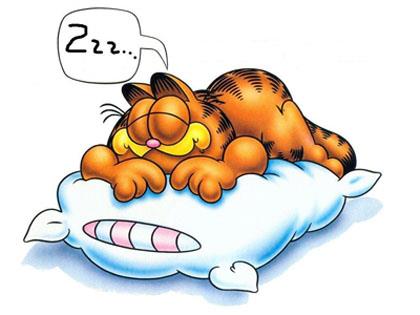Top tips for better sleeping habits

Tuck Sleep, the organisation dedicated to the improvement of sleep, bring top tips to help you improve your recovery and enhance your running performances.
Improve Your Performance with Sleep Extension
A training regimen for a race will tell you how much to run and maybe even what to eat, but does it tell you how much to sleep? One reason that it might not advocate for extra sleep is that the amount you need is personal. Some people prefer nine hours per night while others get by just fine on seven. However, sleeping less than seven hours each night may hurt your training by slowing your muscle recovery (Research paper link).
Scientists have a long list of reasons explaining why you need to get enough sleep. Sleep deprivation may lead to conditions Such as diabetes or depression. However, some researchers are exploring a more positive inquiry into rest: the benefits of sleep extension. In some studies, they found that increasing the number of hours that you sleep can help your mental and physical well-being.
The Impact of More Sleep
Imagine you’re a university student and you’ve been asked to sleep ten hours per night. While that sounds challenging between the demands of class and athletics, a group of basketball players did just that. Unsurprisingly, the players reported being less sleepy, and they had faster reaction times. More interesting is that their shot accuracy improved and they said that they mentally felt better during the sleep extension. Similar studies have been completed on tennis players, who improved their serving accuracy with nine hours of sleep per night.
While you can try correlate sleep hours with physical goals, like a faster reaction time, the benefits are mental as well as physical. While there is no magic number of sleep hours to reach for maximal performance, making time for another hour of sleep may give you that extra boost of speed that you need to take 10 seconds off of your race time.
Running for Better Sleep
If you’re regularly running, you may already be improving your sleep quality and quantity. A small study compared adolescents who ran three times per week for half an hour with those who didn’t. The runners fell asleep faster. They also reported better mood, concentration and sleep quality.
However, you should keep in mind that intense training may have the opposite effect on your sleep quality. Sore muscles can keep you awake at night. Elite athletes often report poor sleep. One reason for their lack of sleep may be unhealthy sleep habits. Taking steps to develop better sleep habits may help them (and you) boost their performance.
Other Ways to Sleep Better
If there were a training programme for sleeping, the first step would be to set a bedtime. Going to sleep and waking at the same time each day may be the recipe for a happy pre-schooler, but it’s also essential for adults. A consistent sleep-wake schedule trains your body to get tired at the right time each night, which makes it easier to fall asleep. If you leave at least seven hours between your bedtime and wake-up time, you may start to feel more sprightly in the morning as well.
If sleeping ten hours per night seems an insurmountable challenge, naps may help. Keep apillow and a blanket in your car to grab a snooze at lunch. While naps don’t make up for time missed in a deep sleep overnight, they can make you feel more alert during the day. A nap before a training run may give you extra motivation.
Running is an excellent part of a healthy lifestyle and so is sleep. The right balance between resting and working out may help maximize your performance. Extending your sleep by a couple of hours each night could do wonders for your race time.
Author bio: Kaitlyn Kelley is a contributor at TuckSleep. She graduated from Worcester Polytechnic Institute (WPI) in 2012 with degrees in aerospace engineering and professional writing. Research is her passion, so Kaitlyn enjoys spreading the word about the science behind sleep health. She spends most weekends hiking the Cascades.
